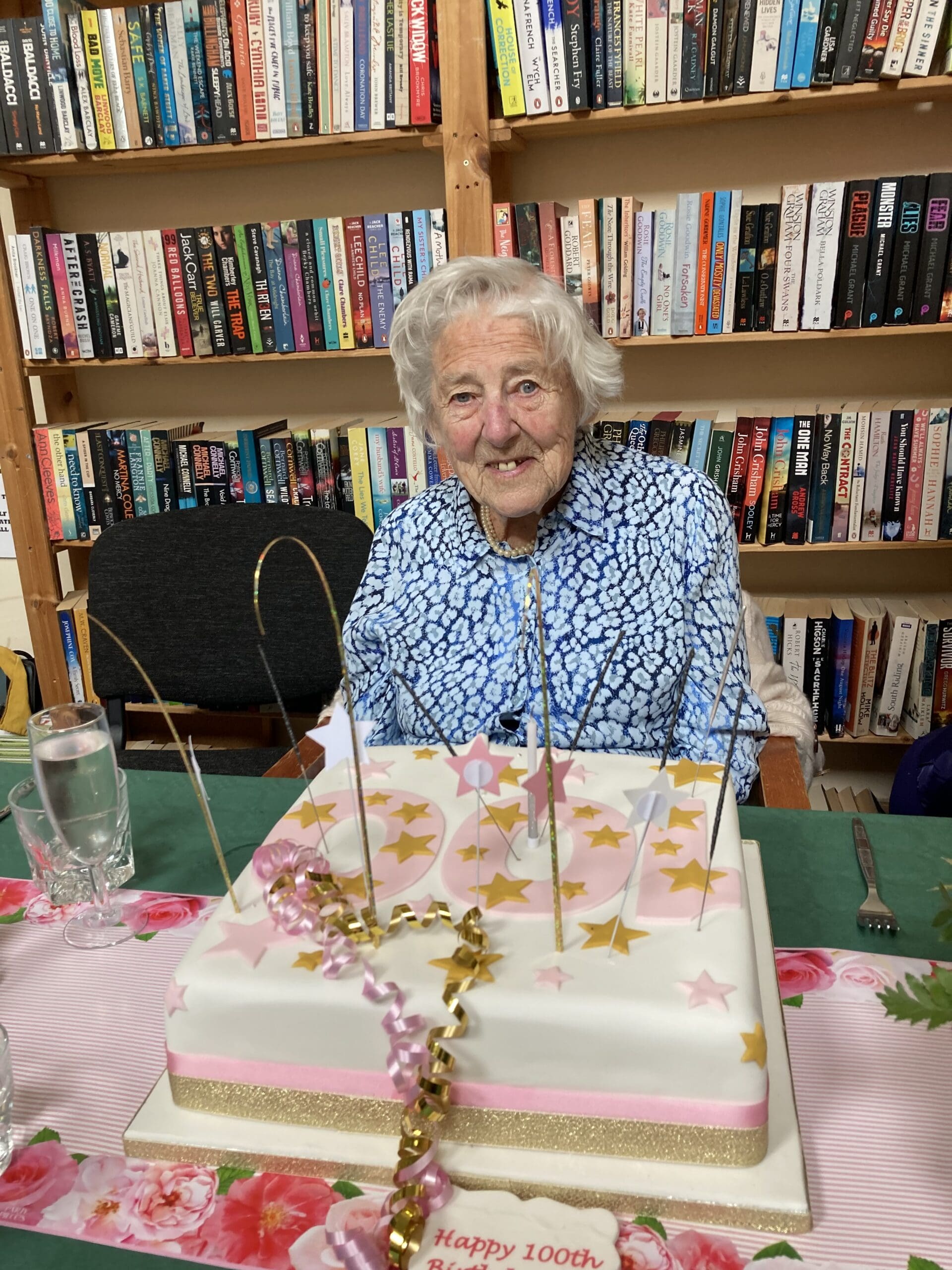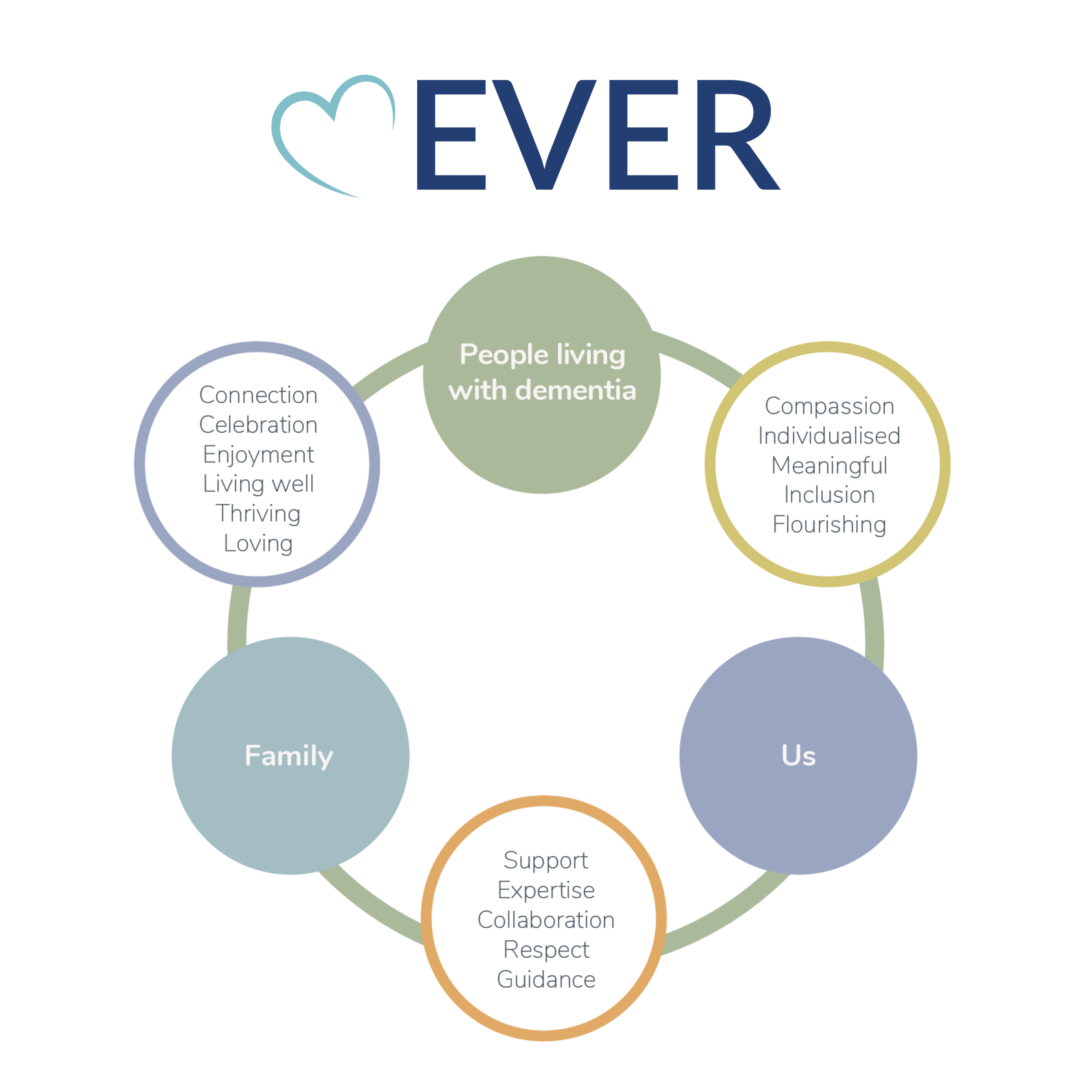Palliative care is a type of care that supports anyone living with a terminal illness or complex condition. It addresses the physical, emotional and spiritual needs of the individual and their family and aims to alleviate symptoms such as pain, nausea, and fatigue. It can be provided in various settings, including hospitals, hospices and the individual’s own home.
Palliative care is often confused with hospice care, which is a form of palliative care provided to people who have a life expectancy of six months or less. However, palliative care is not limited to end-of-life care and can be provided to individuals at any stage of their illness. Some people begin palliative care when they are first diagnosed, while others wait until a later stage of their medical condition.
Receiving palliative care does not necessarily mean that treatment has been stopped. It is usually provided alongside ongoing medical support to ensure the individual continues to be comfortable.
What does palliative care involve?
The goal of palliative care is to help people achieve the best possible quality of life by managing symptoms and providing emotional and spiritual support to both the individual and their loved ones.
Here are some of the services that palliative care can involve:
- Pain and symptom management: Palliative care teams are trained to manage physical symptoms such as pain, nausea, and breathing difficulties through medication and other therapies.
- Emotional and spiritual support: Palliative care teams also provide emotional and spiritual support for individuals and their families. This can involve counselling, therapy, and support groups.
- Communication and coordination: Palliative care teams help to coordinate care among healthcare providers, including communication with primary care physicians and specialists, to ensure that individuals receive the best possible care.
- Advance care planning: Palliative care teams can help people and their families with advance care planning and decision-making, including help with end-of-life care.
- Practical assistance: Palliative care teams can provide practical assistance with matters such as financial and legal issues, transportation, and housing.
- At-home care: A professional palliative carer can provide dedicated assistance in a client’s own home ensuring they have the support they need to continue living independently.
Overall, palliative care is focused on providing the support and resources that individuals and their families need to manage the physical, emotional, and spiritual challenges that come with serious or life-limiting illnesses. By addressing these challenges, palliative care can help people achieve the best possible quality of life and improve their overall well-being.
How can palliative care be provided?
There are many options for receiving palliative care. The specific setting in which palliative care is provided depends on the person’s health condition, personal preferences, and the level of support needed from caregivers and healthcare providers.
The options for palliative care include:
- Live-in care: With live-in care, a caregiver provides round-the-clock care in a client’s own home, helping with daily activities, managing symptoms, and providing emotional and spiritual support.
- Respite care: Respite care provides temporary relief for caregivers, allowing them to take a break from their caregiving duties while their loved one receives care from a trained professional.
- Visiting care: Visiting care involves a caregiver visiting a client’s home on a scheduled basis to provide physical, emotional and social support.
- Hospice care: Hospice care is a type of palliative care that is typically provided in a specialised facility, such as a hospice centre or hospital. Hospice care is designed to provide end-of-life care and support for individuals and their families.
Palliative care at home
When a loved one is in need of palliative care, many people believe their only option is to leave their much-loved home and move into a hospice following discharge from a hospital. This is just not true. In many cases, palliative care can be provided right in the comfort of your own home.
We know how distressing it can be for all the family when a loved one is living with a life-limiting illness. Our live-in palliative care can help you or a loved one manage any of the symptoms you are experiencing so that you enjoy a better quality of life at home.
Our high-quality and flexible palliative care delivered by experienced and compassionate carers will address not just your care needs but also how you wish to live your life at any stage of your journey.
Our specialist palliative care is founded on an expert approach to care delivery. All our dedicated carers are experienced in how to care for someone who requires palliative care. Our gentle and compassionate carers recognise the importance of maintaining control and choice in your life, right through to the very end-of-life.
On top of providing you with quality care designed to improve health outcomes, our dedicated carers can help enhance your life in a number of ways. From helping you with personal tasks such as bathing or dressing to helping you manage your medications, our professional carers are always there to help you maintain as much independence as possible.
What are the benefits of palliative care at home?
There are countless benefits to receiving palliative care in the comfort of your own home without enduring the disruption of a move away:
- Your loved one can receive the care they need in the comfort and familiarity of their own home.
- The rest of the family can focus on being there for their loved one without having to worry about caregiver duties.
- The tailored care provided can meet the unique needs and preferences of your loved one, maintaining their sense of independence and control over their care.
- The home environment can provide a sense of normalcy that is often missing in a hospice, hospital or care home setting.
- By receiving care at home, your loved one can continue to participate in their community and remain connected with their loved ones.
How to arrange palliative care
If you or a loved one are considering live-in palliative care, our team of experienced and compassionate carers is here to help. Our fully-managed live-in care service can provide the round-the-clock support you need to ensure you maintain your quality of life.
To arrange for a no-obligation home assessment, get in touch with us today. Our team will work with you to understand your unique care needs and preferences and create a personalised care plan to meet those needs.
With our commitment to quality care and exceptional service, you can trust that you or your loved one will receive the best possible care and support. Contact us today to learn more about our live-in palliative care services and how we can support your family.
Talk to us about your palliative care needs
Call our friendly and approachable team today to see how we can help you and your family.






